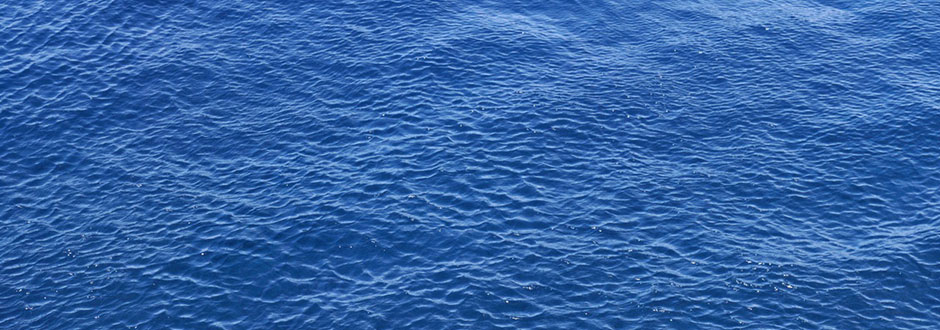Hagedorn, G., Loew, T., Seneviratne, S. I., Lucht, W., Beck, M.-L, Hesse, J., Knutti, R., Quaschning, V., Schleimer, J.-H., Mattauch, L., Breyer, C., Hübener, H., Kirchengast, G., Chodura, A., Clausen, J., Creutzig, F., Darbi, M., Daub, C.-H., Ekardt, F., Göpel, M., Judith N., H., Hertin, J., Hickler, T., Köhncke, A., Köster, S., Krohmer, J., Kromp-Kolb, H., Leinfelder, R., Mederake, L., Neuhaus, M., Rahmstorf, S., Schmidt, C., Schneider, C., Schneider, G., Seppelt, R., Spindler, U., Springmann, M., Staab, K., Stocker, T. F.Steininger, K., Hirschhausen, E. v., Winter, S., Wittau, M., Zens, J.
The concerns of the young protesters are justified: A statement by Scientists for Future concerning the protests for more climate protection
in GAIA-Ecological Perspectives for Science and Society, 28(2), 79-87, 01.08.2019
Peer Review , Land Use, Infrastructure and Transport
In March 2019, German-speaking scientists and scholars calling themselves Scientists for Future, published a statement in support of the youth protesters in Germany, Austria, and Switzerland
(Fridays for Future, Klimastreik/Climate Strike), verifying the scientific evidence that the youth protestors refer to. In this article, they provide the full text of the stateme
nt, including the list of supporting facts (in both English and German) as well as an analysis of the results and impacts of the statement. Furthermore, they reflect on the challenges for scientists and scholars who feel a dual responsibility: on the one hand, to rema
in independent and politically neutral, and, on the other hand, to inform and warn societies of the dangers that lie ahead.





